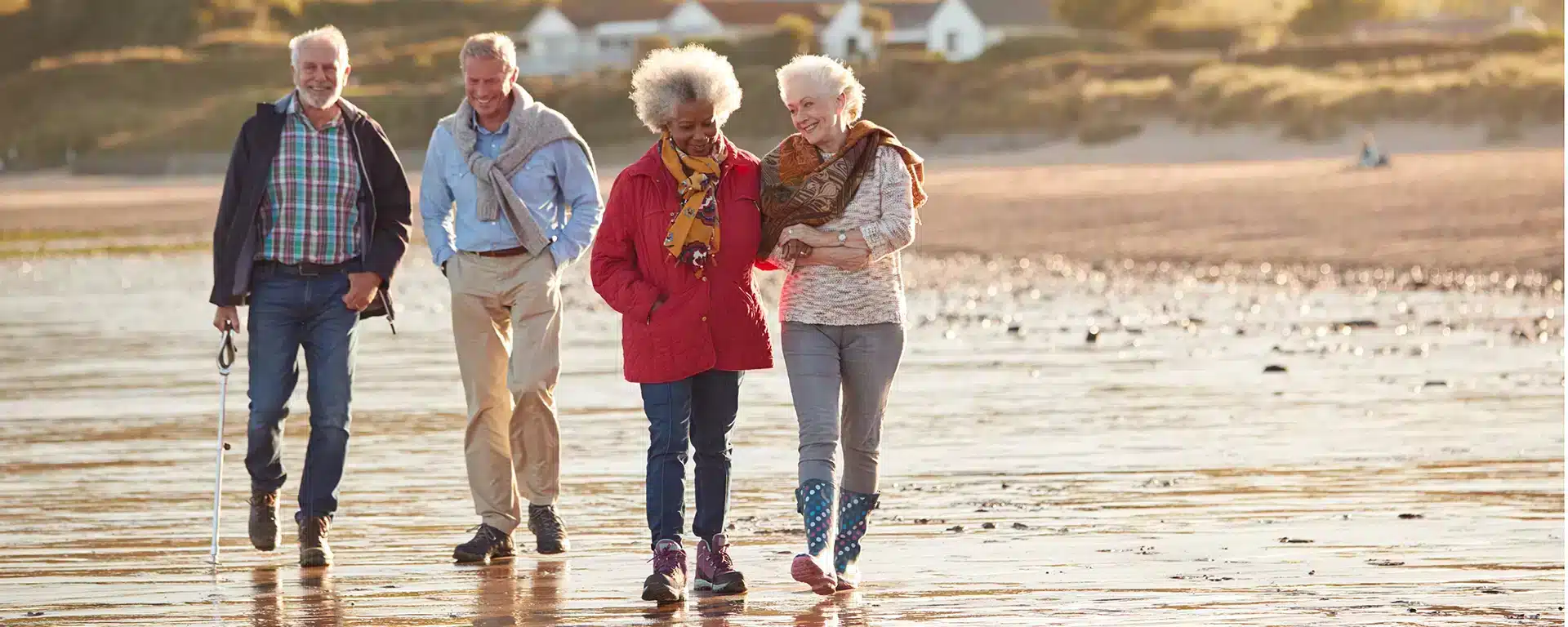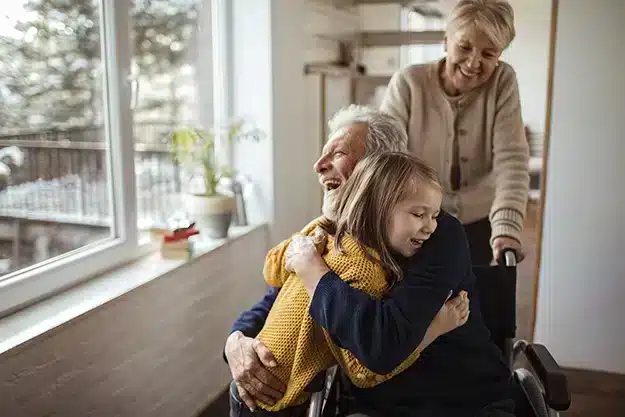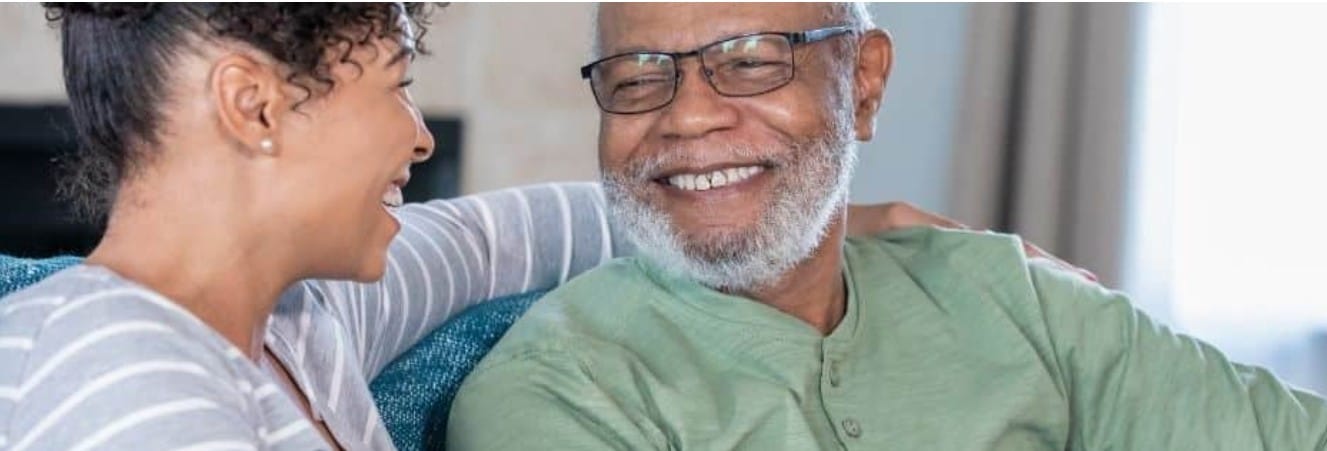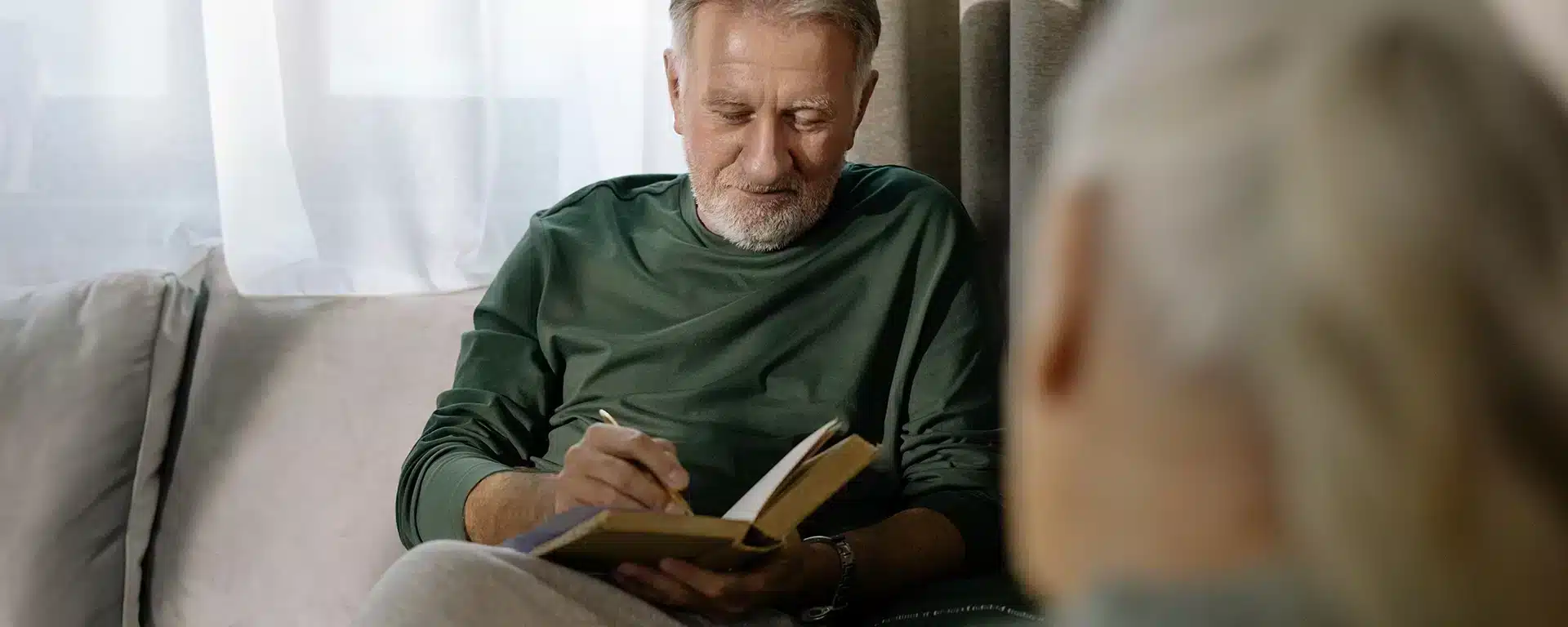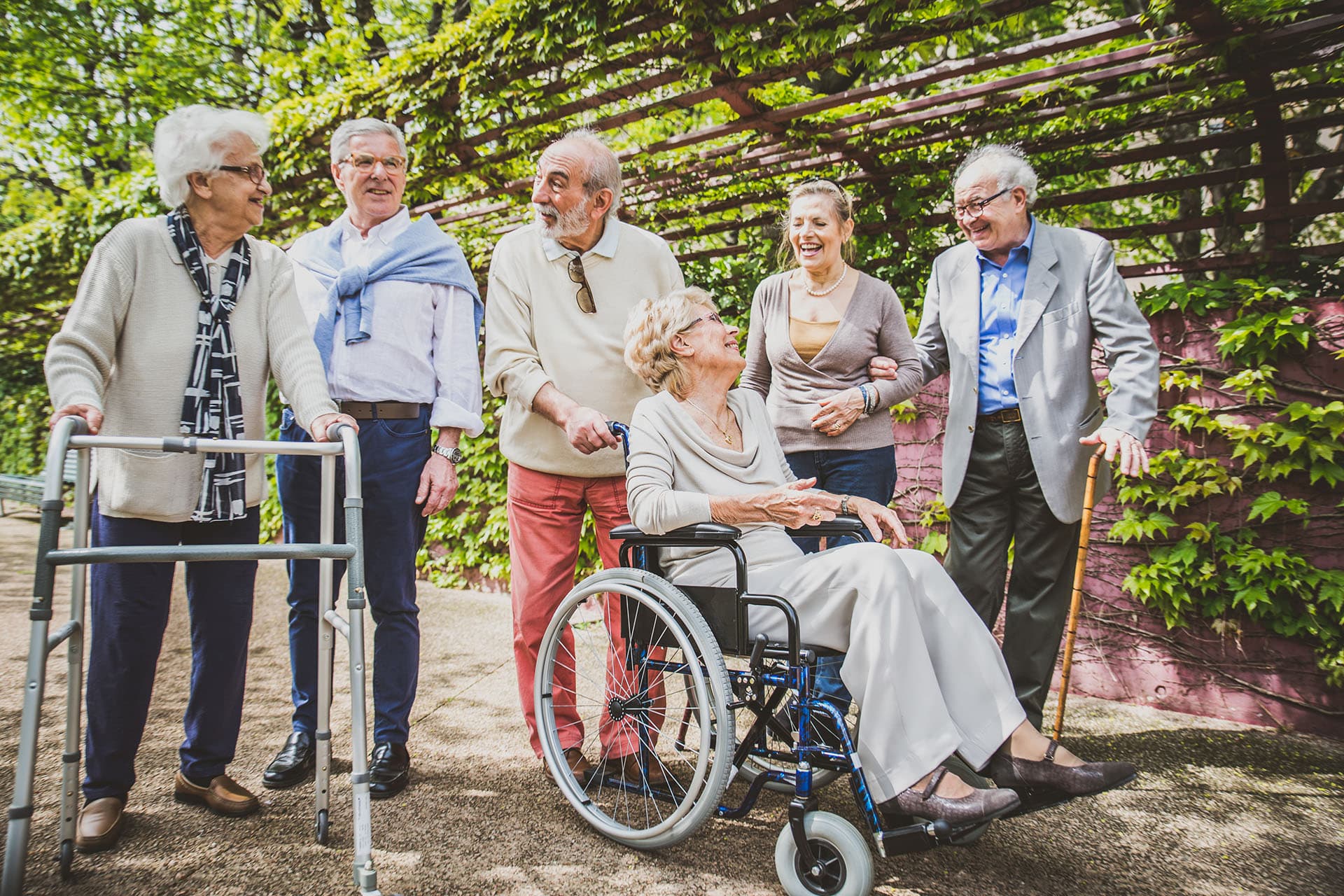Staying Socially Active: The Key to Preventing Falls and Enhancing Safety
As your loved ones age, staying socially active becomes increasingly important for maintaining overall well-being. Not only does socialization contribute to emotional and mental health, but it also plays a crucial role in fall prevention and ensuring safety within our homes. Let’s explore the foundations of staying socially active and its impact on preventing falls.
The Link Between Social Isolation and Falls
Several studies have highlighted the connection between social isolation and increased fall risks among older adults. The National Institute on Aging has found that social isolation and loneliness can lead to higher rates of high blood pressure, heart disease, and other health issues. By prioritizing social connections for your older loved ones, we can effectively reduce the risk of falls and promote better health outcomes.
Benefits of Staying Socially Active
Physical Health:
Staying socially active promotes physical well-being by encouraging engagement in a range of activities. Whether it’s participating in group exercises, walking clubs, or outdoor adventures with friends, maintaining an active social life keeps us physically fit and agile.
Cognitive Function:
Social interactions stimulate our minds, enhancing cognitive function and reducing the risk of cognitive decline. Engaging our loved ones in conversations, playing games, and participating in group activities challenge our brains, improving memory, attention, and problem-solving skills.
Emotional Well-being:
Socializing with your parents or grandparents provides emotional support, reduces feelings of loneliness, and boosts overall happiness. Sharing experiences, laughter, and companionship with others can significantly improve mental health and reduce the risk of depression and anxiety.
Community Engagement:
Being socially active allows us to be part of a community, fostering a sense of belonging and purpose. Attending events, volunteering, and joining clubs or organizations create opportunities for meaningful connections and contribute to personal fulfillment.
How Staying Socially Active Prevents Falls
Increased Awareness:
Regular social interactions with our older loved ones help us stay more aware of our surroundings. Engaging in conversations allows us to share and learn about potential fall hazards, enabling us to take necessary precautions in our homes and communities.
Motivation for Physical Activity:
Socializing often involves engaging in physical activities together. Whether it’s going for walks, dancing, or participating in sports, these shared activities encourage regular exercise, which improves balance, strength, and coordination, reducing the risk of falls.
Home Safety Insights:
Socializing provides opportunities to visit other people’s homes and observe different safety measures they have implemented. This exposure allows us to gain valuable insights and ideas for making our own homes safer, such as installing grab bars, removing clutter, and improving lighting.
Support System:
Having a strong social network means having a support system in place. In case of any health concerns or emergencies, knowing that there are people around who can assist or seek help becomes crucial in preventing further injuries from falls.
By recognizing the importance of staying socially active as get older, we can create a foundation for a healthier and safer lifestyle. Prioritizing social connections not only enriches our lives but also significantly reduces the risk of falls, allowing us to enjoy our golden years with.
Remember, building and maintaining social connections is an ongoing process. Seek out local community centers, clubs, senior centers, or even easy at home interactions like organizing a card game with dad or talking to your mom about what is going on in your life at the next family gathering. There are many public and personal opportunities for social engagement. Let’s embrace the power of socialization and create stronger, safer communities for ourselves and those around us.


